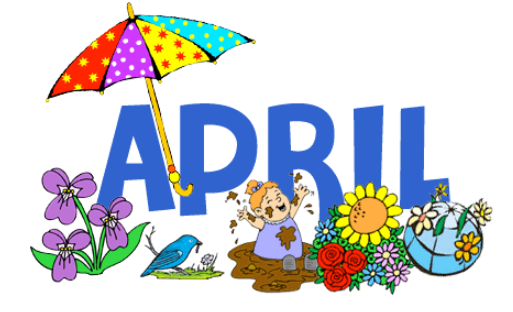A memory, an observation, a thought
The Day the Music Died Day – February 3
Image by Rucsandra Saulean from Pixabay
Each generation experiences this day differently.
February 3, 1959 is commonly referred to as The Day the Music Died, made famous by the hit song “American Pie” by Don McLean. The song, which came out in 1971, focuses on famous musicians Buddy Holly, Ritchie Valens, and “The Big Bopper” J. P. Richardson who died in a plane crash in 1959.
Having listened to the song a couple times, I couldn’t decide whether the true meaning behind the song was about the loss of innocence or the end of an era, but in some ways it is both. The statement alone, “The day music died,” can be quite controversial for some folks. Different generations can feel very differently about this statement, but it is from this event that The Day the Music Died Day was identified.
Originally my take on this topic was focused more on millennial music, like from the 2000s and up. That led me to think where, during the transition of music between the 2000s and now, did music start to a left turn? When did it lose its originality, where people weren’t putting their hearts and soul into it anymore? When did music become more of a fad then anything?
But after listening to the song that gave the name to the day, my thoughts on the topic did a complete 180. It made me ponder a little more on the fact that, maybe “The Day Music Died” is a little more metaphoric than we think.
After listening carefully and reading the lyrics more intently, I assumed that the song was, in fact, about the ending of an era. Think about it: every generation has what they would imply as “The Day Music Died” because of the ever evolving world we live in.
This day possibly can have grandparents feel one way, parents another, and even our generation could feel a specific way because of the phrase alone: “The Day Music Died.” This observation has the same meaning behind it, but creates different levels of emotion for different people.

Vivica Shaw is a part of The Armijo Signal as a staff writer. Some of her responsibilities require finding and writing a story that evokes the audience...




